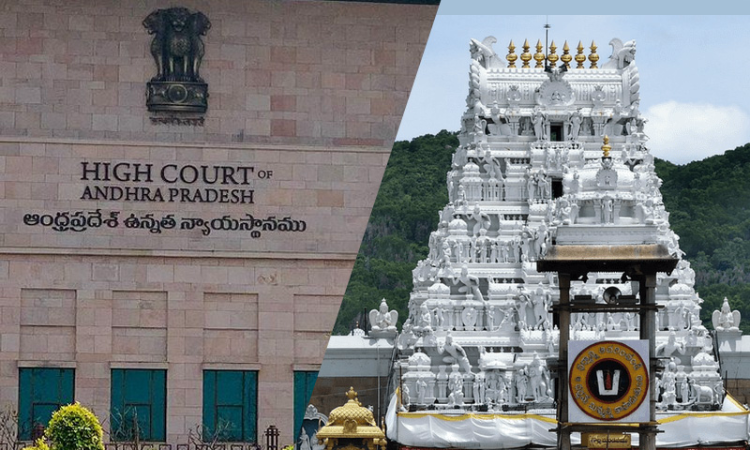Minimum Wages Act Does Not Apply To Temples & Mutts: Andhra Pradesh High Court
Ashok KM
24 Sept 2021 11:03 AM IST

Next Story
24 Sept 2021 11:03 AM IST
The Andhra Pradesh High Court observed that Minimum Wages Act does not apply to temples or mutts.In the context of A.P. Charitable and Hindu Religious Institutions & Endowments Act, 1987, the court observed that there is a distinction between a temple and a mutt."A Math is an institution headed by a person whose primary job is to engage himself in teaching, propagation of religious...
